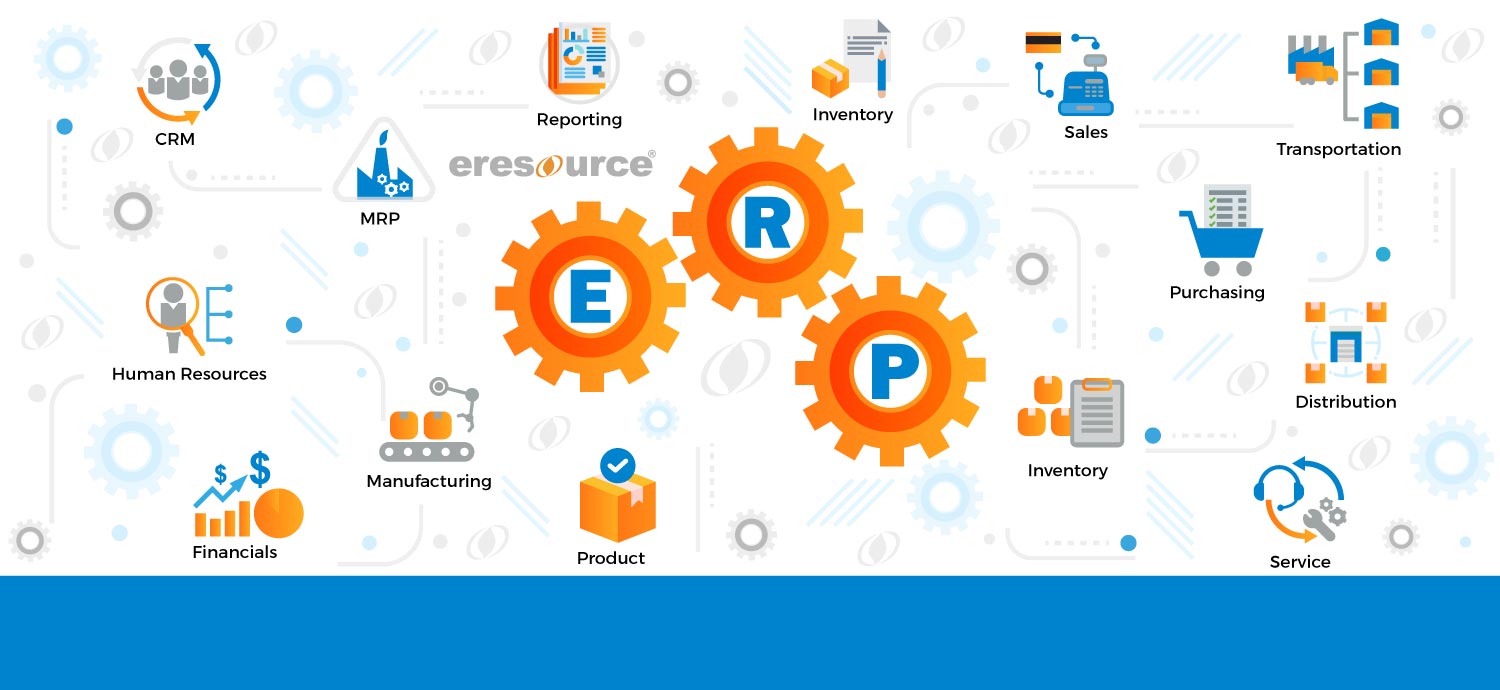Best Use of Consultant Knowledge
• Implement pre-project readiness assessment and overall project planning:
Most organizations have never been involved in a project as complex and cross-functional as an ERP implementation. Additionally, an ERP project requires near full-time participation. A readiness assessment conducted prior to the project kick-off can help identify areas of strength and potential problem areas in need of improvement. This information is extremely helpful when planning the project budget and the project tasks.
• Implement aggressive project management processes:
The magnitude of an ERP implementation requires aggressive and structured project management processes. An ERP implementation is complex and touches virtually everyone in the organization. Without the structure of project management processes and without a project manager who understands this methodology, the project runs significant risk in time, quality and costs. “Go-live” dates could be missed and the credibility of the project team and the ERP software itself could suffer dramatically.
Also Read – Why automotive manufacturers must use ERP system
• Create a project organization structure to provide planning and quick response for decision-making and issues management:
The toughest problems with any project implementation involve people issues. Pre-project planning must include the creation of clearly defined roles and responsibilities. The following critical roles need to be filled by qualified people: project sponsor, project director and/or project manager, functional team leaders, technical team leaders, project coordinator/scheduler, etc. These people must have dedicated time to the project and they must be willing to be accountable for dealing with issues and making timely decisions. Many ERP implementations become paralyzed when issues are put on hold and are not dealt with quickly.
• Make the best use of the external consultants and experts:
These people are paid huge amounts of money for helping you in implementing the ERP system. So you must make the best use of their knowledge and skills and ensure that the knowledge transfer is complete before they leave the project.
• Teach the organization to use new capabilities:
The natural progression from building capabilities is actually using them. While this may sound obvious, many organizations are far better at building new capabilities than at teaching (and motivating) people to use them. Successful companies avoid this fundamental imbalance. For them teaching goes hand-in-hand with building new capabilities, from defining roles to developing skills to culture shifts.
Also Read – ERP Software in Nigeria
• Implementation review:
This review must be performed after users are competent with the system. The goal is to ask the software vendor to suggest better ways to use the system.
• Assign clear ownership of benefits:
During implementation, it is usually clear that the responsibility for going live-on-time and on budget-ultimately belongs to one person, the project leader. But after going live, who owns the benefits that are being targeted? In many companies, this is a difficult question to answer – no one is identified as the owner. But in successful companies accountability for results is no mystery. The owner may be the business unit leader, a project sponsor, a process owner or someone else. What is important is that there is somebody whose responsibility is realizing the benefits.
Read More here – Which is the most common ERP software used in dubai
Categories
Register for Free Demo!
Recent Post
-

eresource ERP 360 - an
11th Apr 2019 -

A competitive ERP system for
17th Apr 2019 -

Auto components manufacturing industry has
17th Apr 2019 -

Make the best use of
17th Apr 2019







